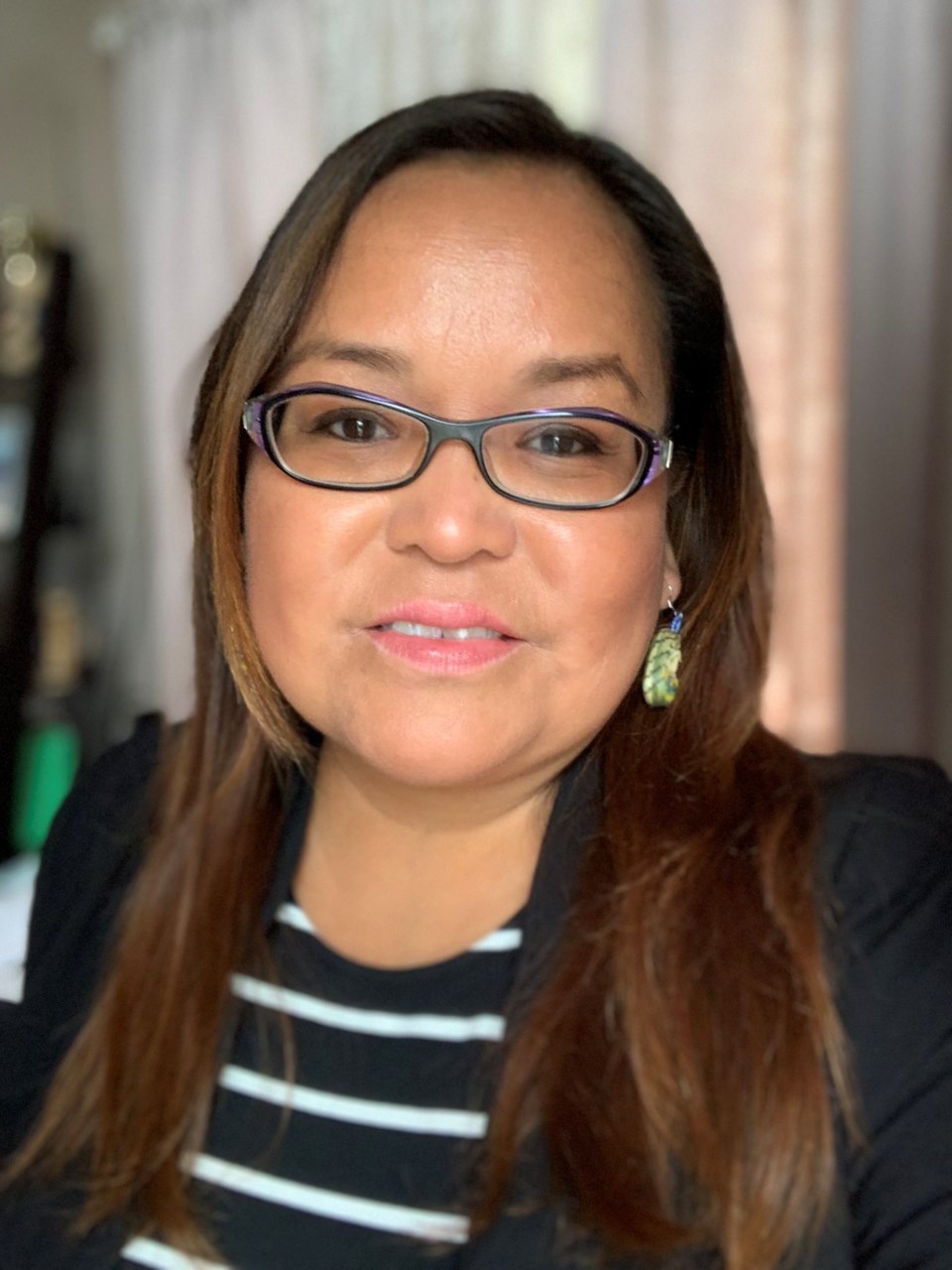KENORA – A familiar face to Kenora residents has put her name forward for the Senate seat vacated by recently-retired Lynn Beyak.
Tania Cameron, who has a long history of community advocacy and working with First Nations in the Kenora region, said Beyak’s departure brings a painful chapter to a close and opens new possibilities for leadership.
“It wasn’t serving the core values of many people here, whether they’re Indigenous or non-Indigenous,” she said of Beyak’s tenure.
When Beyak announced her retirement on Jan. 25 in the face of condemnation and censure from her Senate colleagues, Cameron said her phone began ringing off the hook.
While she turned down similar entreaties several years ago when another Ontario seat came up, this time she opted to take the plunge, submitting her application by the deadline of Jan. 27.
“I thought, why not?” she said. “I felt I could better represent this region.”
Cameron spent years reviewing legislation while working with numerous First Nations and chiefs organizations, experience she believes would serve her well in the upper chamber.
It’s her community involvement that may be more eye-catching.
Her recent work to distribute massive loads of potatoes to northern communities as the pandemic exacerbated existing food security challenges earned her the nickname of "potato lady."
That effort has now seen nearly 200,000 pounds of the tubers reach communities around the region, she said.
Politically driven since a young age, Cameron was elected to the band council of her home community of Niisaachewan First Nation, just north of Kenora, at the age of 18.
She later ran as a federal candidate in Kenora under the NDP banner, placing third in 2008 and second in 2011 to now-MPP Greg Rickford. She is prepared to rescind her party membership if appointed.
In 2015, Cameron turned her efforts to spearheading a non-partisan First Nations Rock the Vote initiative that drew national attention.
Voter turnout in First Nations in the Kenora riding jumped by anywhere between 50 and 200 per cent that year. That bested an already impressive increase in on-reserve turnout of nearly 30 per cent nationally.
The mother of three has also led numerous community events, protests, and teach-ins over the years.
Cameron would like to see senators draw on that kind of on-the-ground and social media outreach to engage Canadians – particularly younger Canadians – in the work of the Senate, which she said feels distant and opaque to most.
Until her comments denying the harms of residential schools drew controversy, for example, Cameron said she'd never heard from Beyak as a senator representing the region.
She pointed to the example of current and past Indigenous senators such as Lillian Dyck and Murray Sinclair in advancing the interests not just of Indigenous people, but Canadians as a whole, as inspiration.
Cameron’s application for the seat will be reviewed by an independent advisory board created by the Trudeau government to provide advice on nominations. The Prime Minister still has the final decision on which candidates to recommend for appointment by the Governor General.
Completing the rigorous Senate application took Cameron back to her youth, when she remembers learning about the constitutional requirement to own property in order to join the chamber.
“I remember thinking, I guess that’ll never be for me,” she said.
Senators must own at least $4,000 worth of property in the province for which they’re appointed – a figure that was worth many times more than it is today when it was written into the constitution.
Senators must also be between 30 and 75 years old and a permanent resident of the province for which they’re appointed.
The government has introduced additional criteria for consideration, such as non-partisanship, integrity, a history of leadership, outstanding achievement, or legislative experience, and the desire to move toward greater gender balance and better representation of Indigenous peoples and other minorities.
